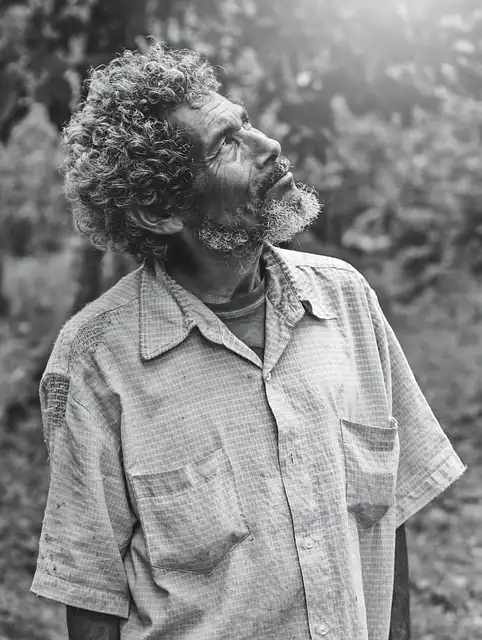Indigenous Education: Safeguarding Our Knowledge for Future Generations

This includes both traditional and modern methodologies such as immersive language programs and internships, cultural events and gatherings, youth camps and excursions, in-person and online classes, publishing books, and developing software and apps.
Cultural Survival’s Board Chair, Kaimana Barcarse (Kanaka Hawai’i), recently talked regarding the distinction in between Indigenous education and learning and western education and learning. Aboriginal education and learning enhances self-reliance, social identity and satisfaction, and resistance to erasure of our lifeways and understanding systems.
As Aboriginal Peoples exercise self-determination and unlearn from colonial systems that have been imposed upon us, we are decolonizing and re-Indigenizing education and learning while giving essential devices lined up with linguistic and cultural techniques. Join Cultural Survival as we support Aboriginal Peoples in guarding expertise systems and languages for future generations.
Continuous area treatment and financial investment in learning possibilities enable Choctaw and Chickasaw people to keep our languages, lifeways, and expertise systems to life. I am happy for these spaces to find out from and likewise offer back to my communities as we co-create our Native futures.
Native education and learning honors the essential functions of both Elders and young people as expertise service providers and supports their management and creative thinking as they contribute to a thriving community. In this issue, we are happy to highlight the commitment of several of our young people fellows that are adding to their cultures and neighborhoods through Aboriginal education and functioning to construct cultural pride among young people.
Halito akana (Hey there friends),.
This issue of the Cultural Survival Quarterly is dedicated to boosting the work of Native educators and young people to renew knowledge systems and pass on lifeways and languages to future generations. Indigenous education honors the important roles of both Elders and youth as expertise carriers and nurtures their leadership and creative thinking as they contribute to a successful community. In this problem, we are happy to highlight the commitment of numerous of our young people others that are adding to their cultures and neighborhoods through Aboriginal education and working to build cultural pride amongst youth.
Social Survival’s Board Chair, Kaimana Barcarse (Kanaka Hawai’i), just recently spoke about the difference between Indigenous education and learning and western education. He stated, “In my mind, a great deal of western education shows ‘concerning’ something. In some cases it’s followed up with laboratories or practicum, yet many times, it looks for in the world of concept. Native education and learning takes place by simply doing, by following the instructions of the Elders that were taught by their Elders and their Elders prior to them.” This intergenerational transfer of expertise is rooted in position and community and nurtured and shared with culture, ceremony, stories, and language. It honors our ancestors and their knowledge while making certain the resiliency of our areas and cultures and safeguarding our future for generations to find. Native education and learning reinforces self-reliance, social identity and pride, and resistance to erasure of our lifeways and expertise systems. For this expertise transfer to occur, our neighborhoods have to have autonomy over our educational systems and the resources needed to execute them.
1 Cultural Survival Quarterly2 ensure Indigenous Peoples
3 Indigenous education
« Awakening through the Kichwa LanguageNew data reveals rates of family violence among those who died by suicide »
